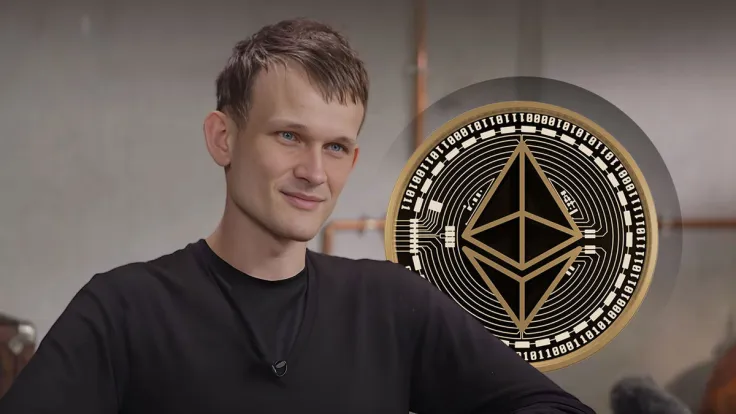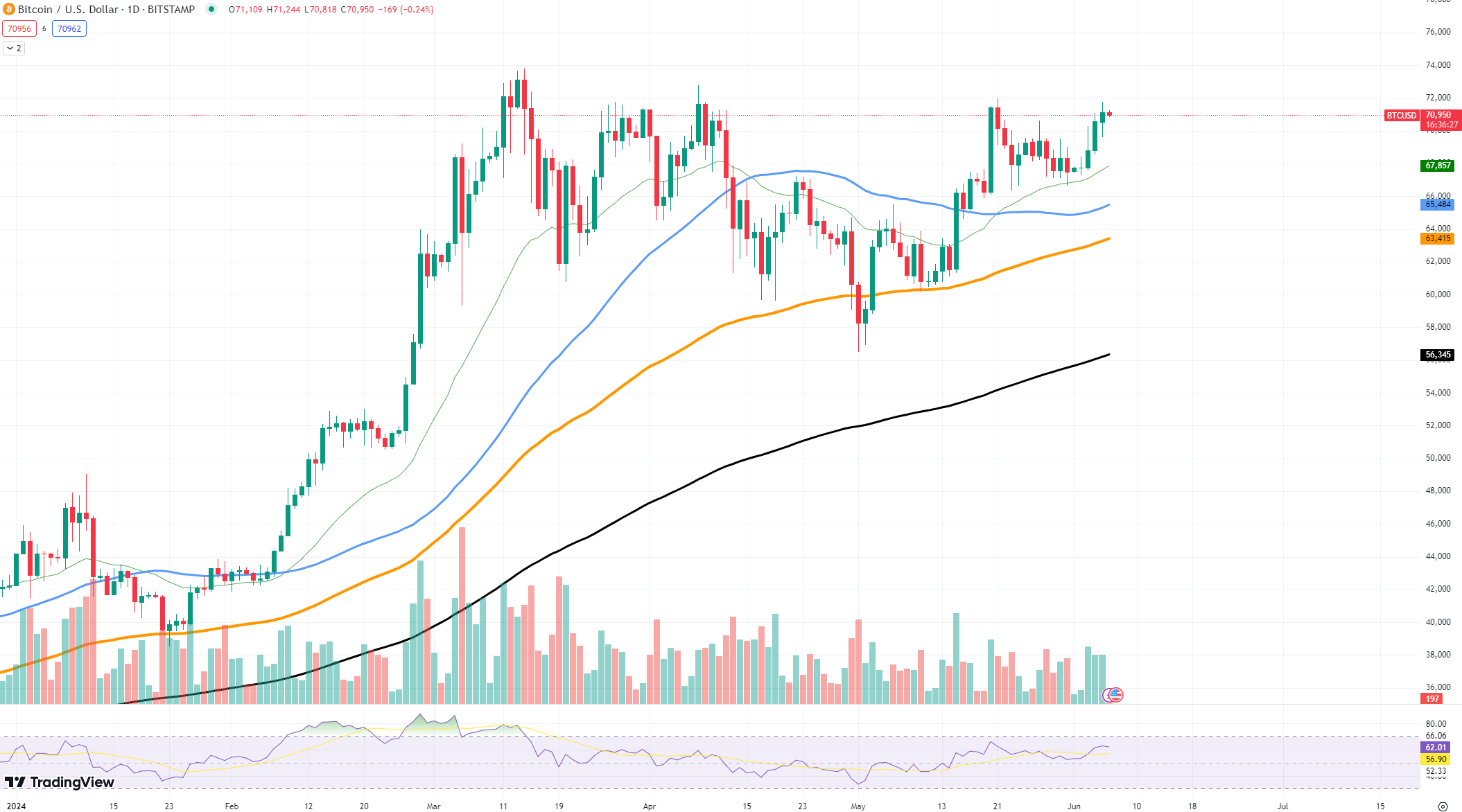
Disclaimer: The opinions expressed by our writers are their own and do not represent the views of U.Today. The financial and market information provided on U.Today is intended for informational purposes only. U.Today is not liable for any financial losses incurred while trading cryptocurrencies. Conduct your own research by contacting financial experts before making any investment decisions. We believe that all content is accurate as of the date of publication, but certain offers mentioned may no longer be available.
The cofounder of Ethereum, Vitalik Buterin, recently made some remarks comparing investing to decentralized meme coin gambling as celebrity-based assets are being launched left and right with questionable backing. But was that really his intention?
The perspective on decentralized finance that Buterin has always held is not that easy. Even though he occasionally emphasizes nonfinancial use cases in his public remarks, he acknowledges the benefits of various DeFi applications.
Buterin believes that good examples of DeFi are DAOs Uniswap and PoolTogether. For example, PoolTogether provides users with entertaining positive-sum games through its no-loss lotteries.

Retail investors are empowered by Uniswap and GMX because they are able to be the bank and offer market-making services that were previously exclusive to financial institutions. Blockchains and DAOs, on the other hand, offer increased financial democratization and transparency.
Compared to traditional finance, these are major advancements, Buterin believes. Upon direct questioning Buterin concurred with these admirable instances. He stated that he supports financial innovations that bring true value and transparency, acknowledging their benefits.
He has voiced his discontent with the current meme coin cycle, which he believes lacks substance and practical value and is driven by celebrities. He compared it to past endeavors such as Stoner Cats, which was backed by Ashton Kutcher and Mila Kunis, and noted that while it was driven primarily by money, it provided funding for a real show instead of just speculation.
Even though financialization is a strong tool in his opinion, it should be applied to worthwhile goals like the arts, open-source software and healthcare. We can shift the emphasis away from speculative endeavors and toward projects that have practical benefits by supporting financial innovations that indeed add value to society.

 Vladislav Sopov
Vladislav Sopov Dan Burgin
Dan Burgin